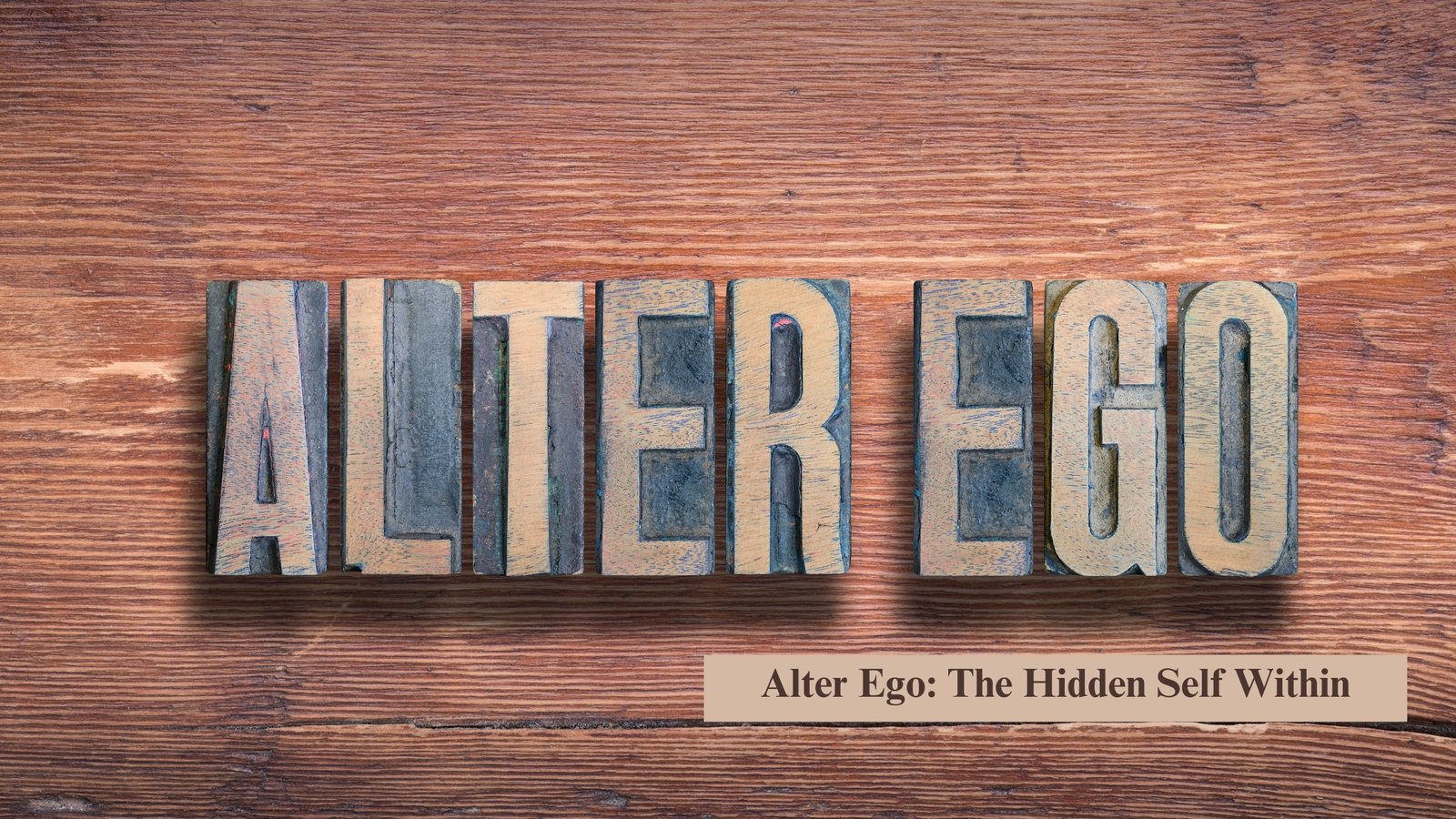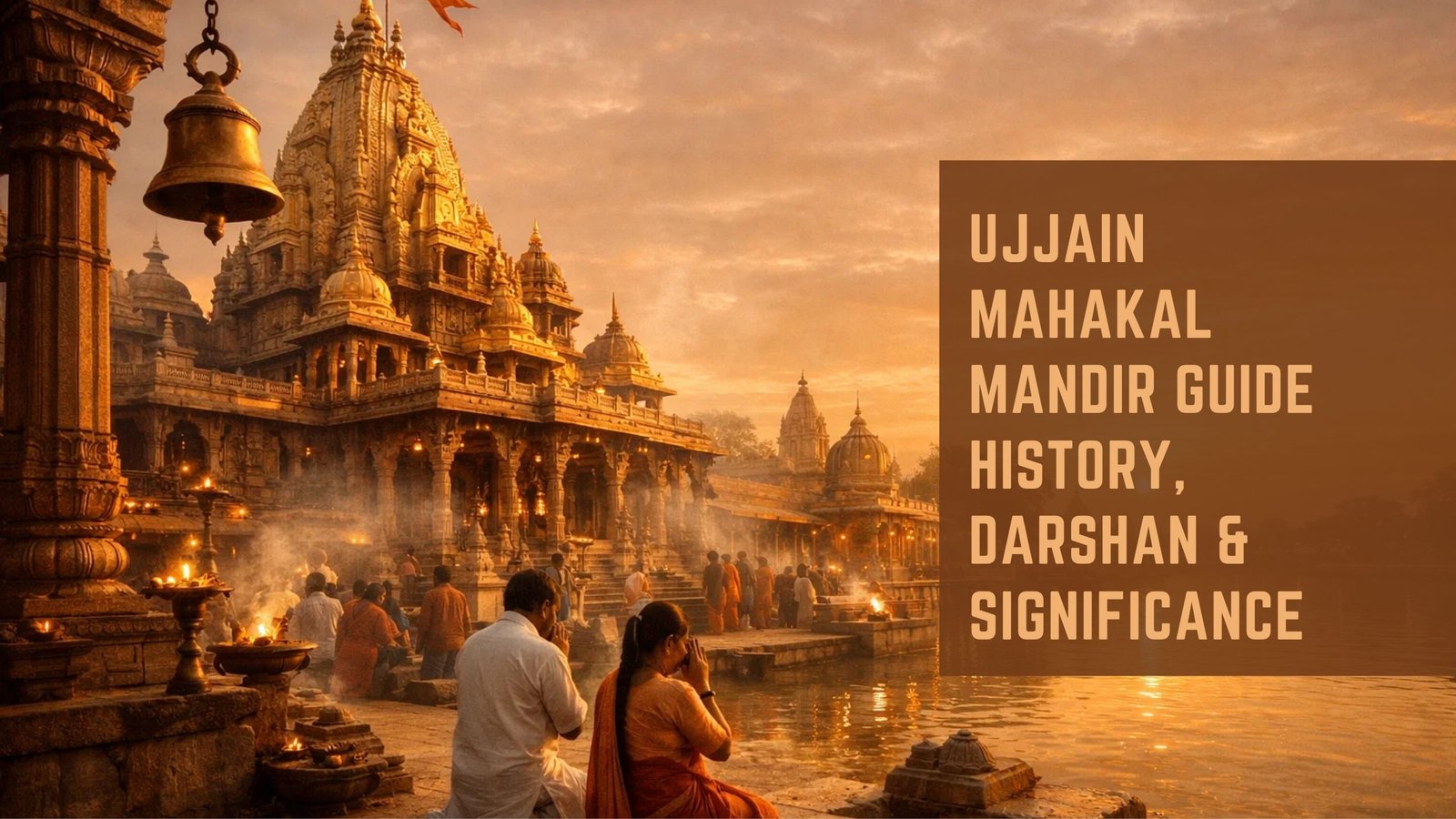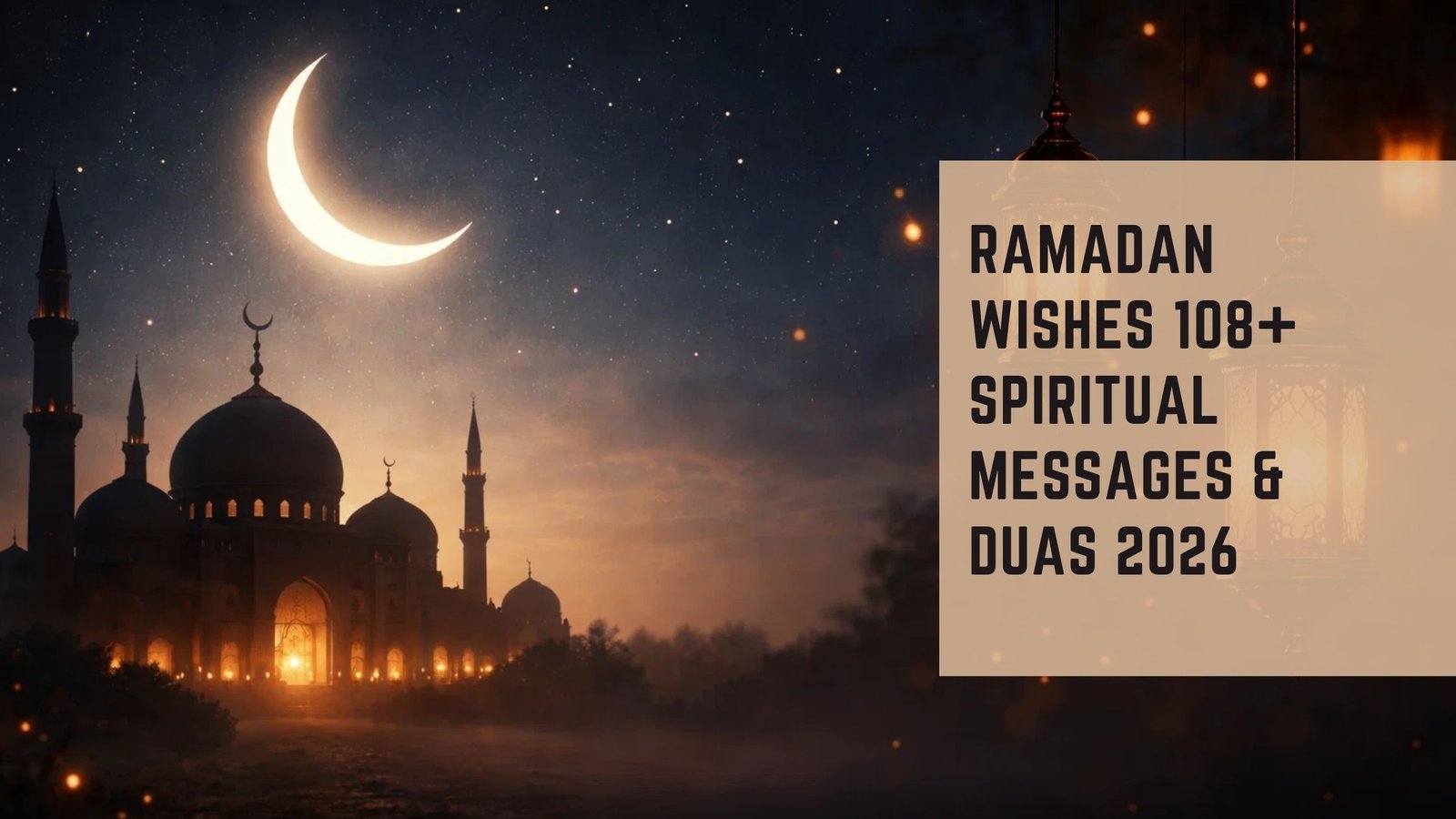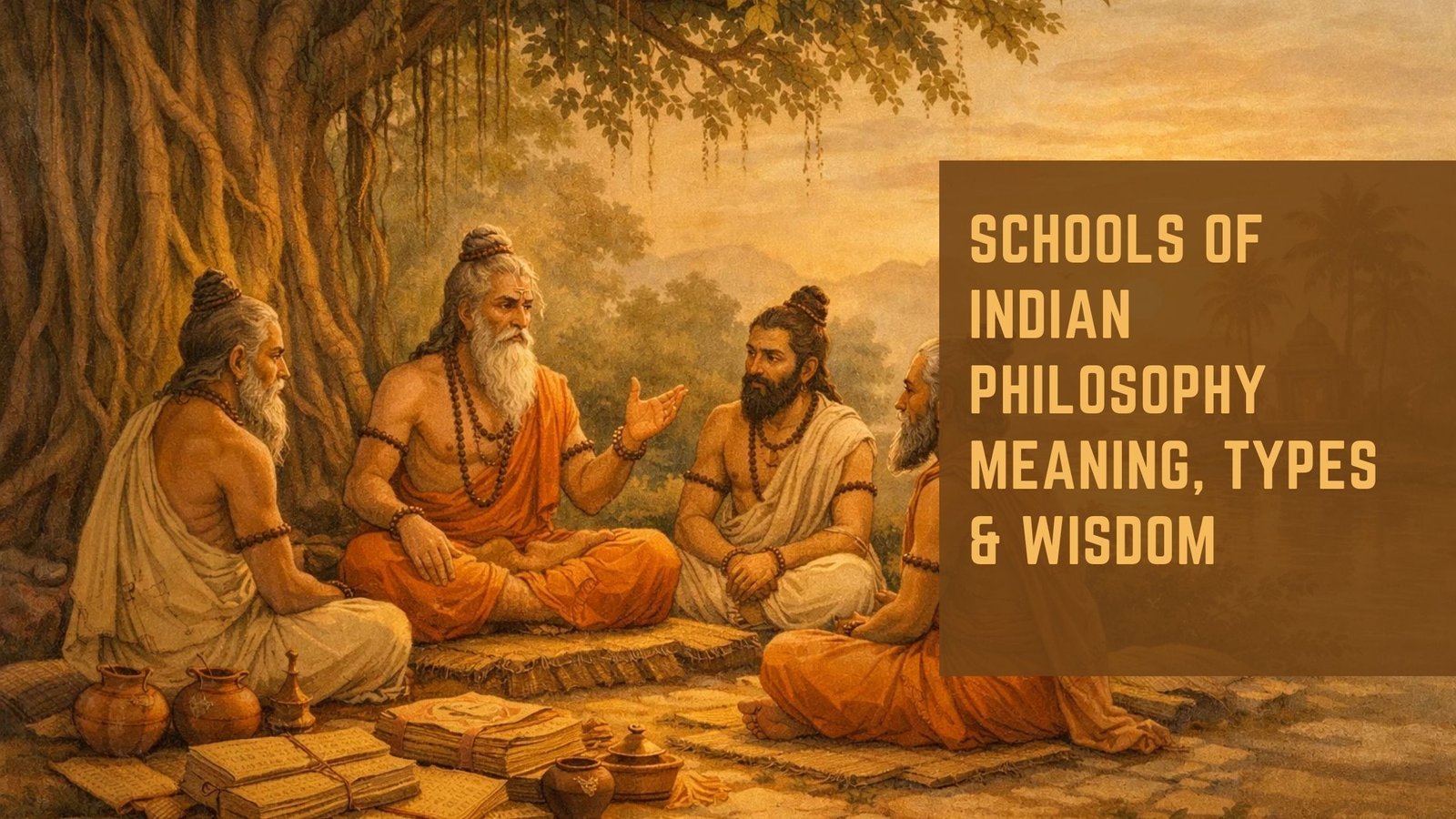The concept of an Alter Ego has fascinated humanity for centuries. From ancient myths to modern psychology, from comic books to courtroom defenses, the idea of having a “second self”—an alternate identity, personality, or consciousness—continues to captivate minds and stir curiosity. But what exactly is an shadow self? Is it a hidden mask we wear? A coping mechanism? A spiritual metaphor? Or something far more complex and mysterious?
In this article, we will explore the multifaceted world of the alter ego, examining its definitions, psychological implications, cultural appearances, and spiritual interpretations. We will also look at how embracing or understanding your second self can lead to personal growth and self-awareness.
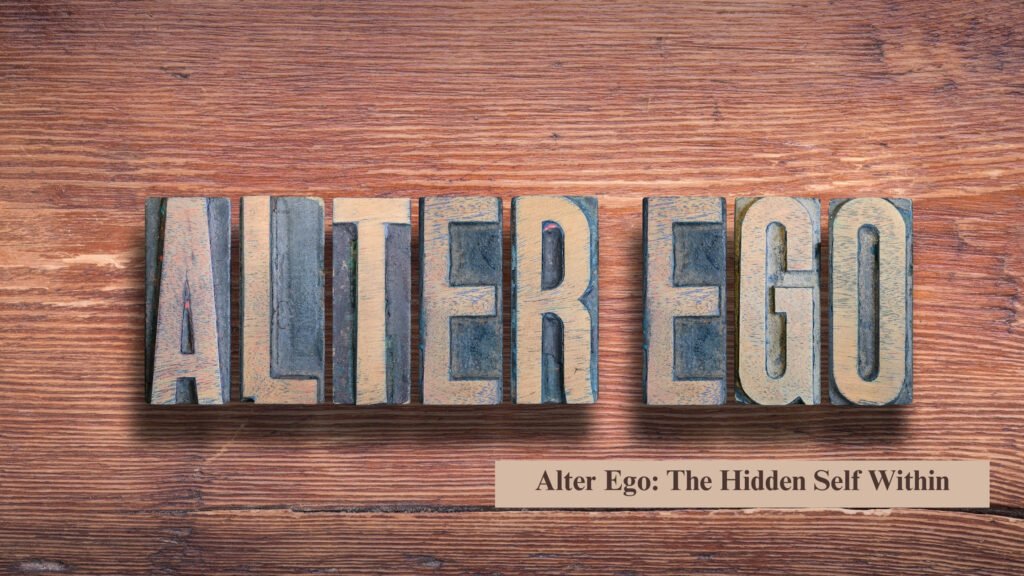
What Is an Alter Ego?
The term alter ego originates from Latin, meaning “the other I” or “second self.” In its simplest form, it refers to a distinct identity or personality that exists alongside a person’s regular sense of self. This identity may manifest consciously—such as a performer adopting a stage persona—or unconsciously—such as in dissociative identity disorder.
Types of Alter Egos
- Constructed : A personality consciously created, often for artistic, professional, or emotional purposes. E.g., Beyoncé’s “Sasha Fierce” or David Bowie’s “Ziggy Stardust”.
- Psychological : An internal division of personality due to trauma, conflict, or unresolved emotions.
- Spiritual : A mystical or metaphysical identity that represents the soul’s higher or shadow aspect.
- Fictional : Characters with dual lives, like Clark Kent/Superman or Bruce Wayne/Batman, often used in literature and pop culture.
Psychological Perspective
1. Alter Ego in Freudian Theory
Sigmund Freud described the human psyche as divided into the id, ego, and superego. While he didn’t use the term “alter ego” explicitly, the concept fits well within his model. An hidden identity could be seen as an offshoot of the ego—formed to negotiate internal conflict or manage external expectations.
2. Carl Jung and the Shadow Self
Carl Jung’s concept of the shadow self closely resembles the alter ego. The shadow is the unconscious part of the personality that contains repressed weaknesses, desires, and instincts. Jung believed integrating the shadow—or shadow self—was essential for wholeness and individuation.
“Until you make the unconscious conscious, it will direct your life and you will call it fate.” — Carl Jung
3. Dissociative Identity Disorder (DID)
In extreme psychological conditions, the alter ego may take on a fully autonomous identity, as seen in DID. Individuals with DID may have distinct personalities that control behavior at different times, often with no memory of the other’s actions. This represents the clinical extreme of the second self phenomenon.
Alter Ego in Culture and Media
Throughout literature, film, and pop culture, the second self is used as a powerful storytelling device. Here are a few prominent examples:
- Dr. Jekyll and Mr. Hyde: A tale of duality where a respectable doctor has a monstrous second self.
- Batman/Bruce Wayne: A billionaire playboy who becomes a dark vigilante to fight crime.
- Hannah Montana/Miley Stewart: A teen girl living a double life as a regular student and a famous pop star.
- Marshall Mathers / Eminem / Slim Shady: The rapper uses hidden identitys to explore different creative voices and express varied emotions.
These hidden identity often represent the tension between who we are and who we wish to be, or who society expects us to be versus who we are deep inside.
Spiritual Interpretation of Alter Ego
From a spiritual point of view, the alter ego is not something to suppress or fear but to understand and integrate. It reflects parts of ourselves we may have ignored or disowned. The hidden identity can be:
- A shadow, needing light and compassion.
- A higher self, representing our divine potential.
- A mirror, showing us what we need to work on.

Spiritual Quotes on the Inner Self
- “He who conquers himself is the mightiest warrior.” — Confucius
- “तू खुद की खोज में निकल, तू किस लिए हताश है?” — कवि हरिवंश राय बच्चन
- “ਜੀਵਨ ਦਾ ਸੱਚ ਇਹ ਨਹੀਂ ਕਿ ਤੁਸੀਂ ਕੀ ਬਣੇ ਹੋ, ਸੱਚ ਇਹ ਹੈ ਕਿ ਤੁਸੀਂ ਅੰਦਰੋਂ ਕੌਣ ਹੋ।”
Recognizing the alter-ego as part of the journey to self-awareness brings deep spiritual growth. In many traditions, it’s believed that light and shadow, divine and mortal, all co-exist within us. Integrating the inner counterpart is a step toward self-realization.
The Purpose of an Alter Ego
People create or discover alter egos for a variety of reasons:
- Creativity and Expression – Artists, writers, and performers use hidden identities to break boundaries and access deeper creativity.
- Coping and Survival – In times of trauma or stress, an dual identity may serve as a defense mechanism.
- Empowerment – A shy person may adopt a confident persona to navigate social situations.
- Transformation – Spiritually, the shadow self can act as a gateway to transcendence and enlightenment.
How to Identify Your Alter Ego
Here are reflective questions to help you explore your own alter ego:
- When do I feel most different from my usual self?
- Are there parts of me I hide from others?
- What traits do I admire but feel I don’t have?
- Do I ever feel like another version of myself takes over?
Understanding your inner counterpart doesn’t mean you’re fragmented—it means you’re complex, and complexity is the hallmark of authenticity.
Embracing Your Alter Ego
Here are a few practices to help you work with your shadow self in a healthy way:
- Journaling – Write dialogues between your main self and your alter ego.
- Art and Performance – Use music, painting, or role-play to explore hidden aspects of yourself.
- Shadow Work – Delve into fears, desires, and memories that fuel your dual identity.
- Meditation – Connect with your inner self to unify your identities.
“There is no coming to consciousness without pain.” — Carl Jung
Conclusion: The Power of Knowing Your Other Self
The alter ego is not merely a mask or a fantasy—it is a reflection of inner truth, repressed energy, and potential yet to be fulfilled. Whether it appears in dreams, art, or actions, the inner counterpart invites us to look deeper into who we really are.
By confronting, embracing, and integrating our dual identity, we don’t fragment ourselves—we become whole. The journey to understand your alter ego is ultimately a journey to understand your true self.
🕉️ For deeper spiritual insights into the nature of the self and the eternal wisdom of inner transformation, explore the Essence of the Gita on TheGita.in — where ancient truth meets modern self-awareness.
